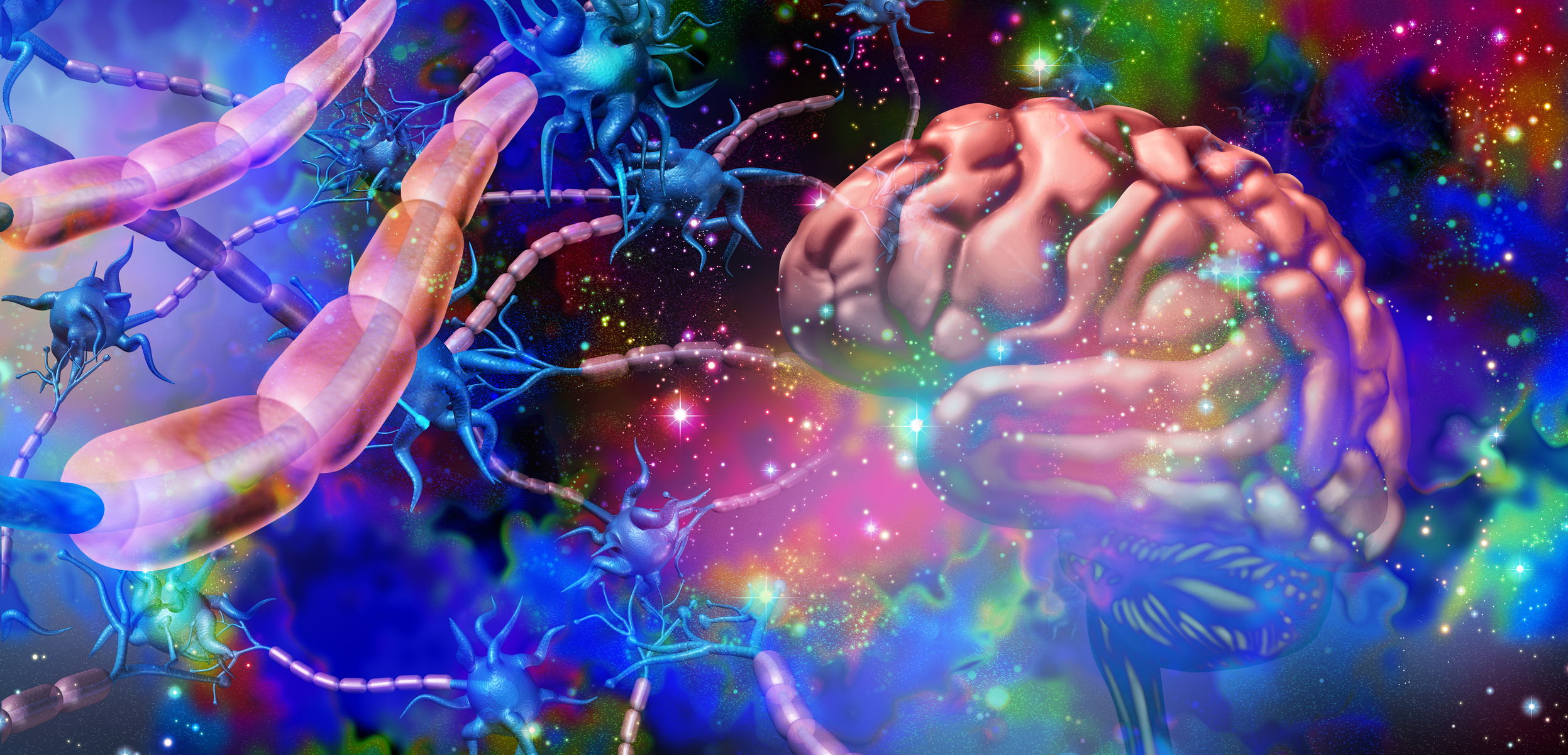High rates of co-occurring Attention-Deficit Hyperactivity Disorder (ADHD) and Autism Spectrum Disorders (ASD) suggest common causal pathways, which await elucidation. What is well-established, however, is the negative impact of comorbid ADHD and ASD on outcomes for everyday living, particularly in social interaction and communication and on broader psychopathology. Neurocognitive approaches suggest correlates of comorbidity are rooted in functional connectivity networks associated with executive control. There is support for familial origins, with molecular-genetic studies suggesting a causal role of pleiotropic genes. Further investigation is needed to elucidate fully how genetic risk for ADHD and ASD affects neurodevelopment and to identify structural and functional neural correlates and their behavioral sequelae. Identification of intermediate phenotypes is necessary to advance understanding, which requires studies that include the full spectrum of ASD and ADHD symptom severity, use longitudinal designs and multivariate methods to probe broad constructs, such as executive and social function, and consider other sources of heterogeneity, such as age, sex, and other psychopathology. Randomized efficacy trials targeting comorbid symptomatology are needed to mitigate negative developmental outcomes.© 2022. The Author(s), under exclusive license to Springer Nature Switzerland AG.
Comorbidity of Attention-Deficit Hyperactivity Disorder and Autism Spectrum Disorders: Current Status and Promising Directions.


